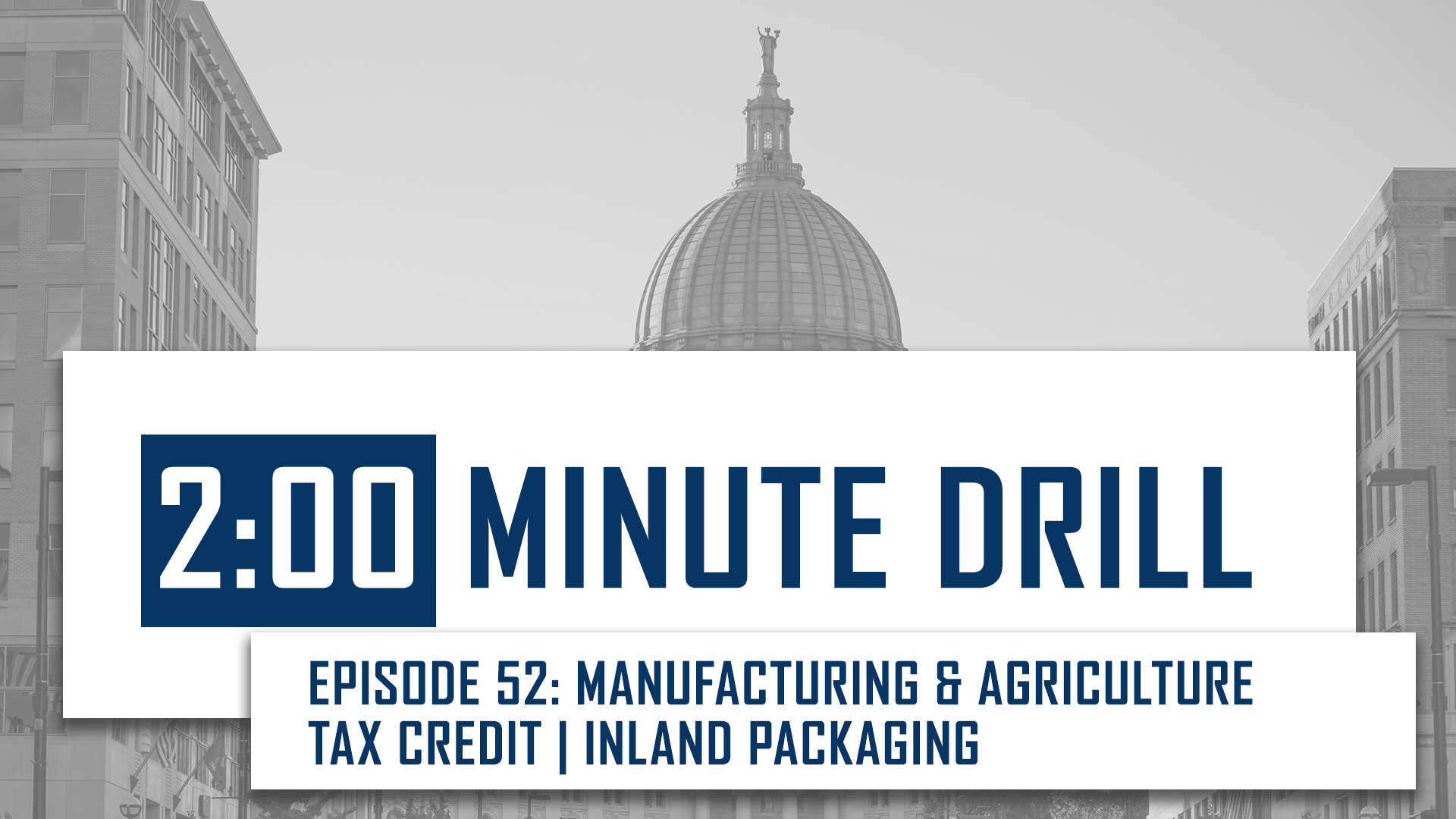 By Kurt R. Bauer
By Kurt R. Bauer
President/CEO, Wisconsin Manufacturers & Commerce
While I don’t know what the economy will be like in 2013, I strongly suspect most businesses will see higher taxes, pay more for energy and health care and face an unrelenting torrent of burdensome new and reinterpreted regulations. On second thought, maybe I do know what the economy will be like in 2013 and it looks a lot like the lackluster performance of the last several years.
If voters provided any clear mandate on Election Day it was for maintaining the status quo on Obama Administration policies. That’s bad news for businesses because continuing the policies of the last four years will yield the same stagnant economic results.
More than 11,000 new regulations were promulgated during President Obama’s first term. The Small Business Administration and the U.S. Chamber of Commerce estimate that businesses pay between $1.7 and $1.8 trillion annually to comply with all regulations. That’s an eye-popping amount of money being diverted away from productive things like research and development, expansion projects, buying new machinery or equipment and – most important of all – away from hiring (at least for anyone other than compliance specialists).
Manufacturing, Wisconsin’s top business sector and the backbone of the middle class, continues to face some of the strongest regulatory headwinds. The federal Environmental Protection Agency’s continuing war against fossil fuels in general and coal in particular is a major threat. Industry needs affordable and reliable energy sources that also generate the kilowatts needed to power advanced manufacturing facilities, day or night. You simply can’t run a factory on wind turbines and solar collectors alone.
As of last spring, the U.S. also has the dubious distinction of having the highest corporate tax rates in the industrialized world. At 35 percent, the U.S. is less competitive than Canada (15 percent), the United Kingdom (23 percent) and China (25 percent).
The deceptively named Affordable Care Act is another problem. It increases demand for care by expanding access to roughly 30 million previously uninsured Americans without increasing supply, i.e., the number of hospitals, clinics, doctors and other health care professionals. High demand and low supply is a surefire formula for raising already sky-high health care costs.
The U.S. economy is also restrained by an already massive and rapidly growing $16 trillion national debt. Tax increases are inevitable, but badly needed spending cuts and entitlement reform are not, especially after November 6, 2012.
The National Association of Manufacturers (NAM) estimates it is 20 percent more expensive to produce something in the U.S. than in other industrialized nations, excluding labor costs. That fact will make it tough, if not impossible, for President Obama to realize his campaign pledge to add one million U.S. manufacturing jobs during his second term unless he changes course. And considering the president refused to moderate his policies after his party’s drubbing in the 2010 mid-term elections, I wouldn’t expect him to do so after getting reelected by a surprisingly comfortable margin.
The U.S. economy has proven to be incredibly resilient in the aftermath of 2008, but government imposed burdens, unsustainable federal spending and a weak global economy are formidable obstacles to the strong and sustained recovery everyone is hoping for.
![]()
![]() Follow Kurt on Twitter @Kurt_R_Bauer
Follow Kurt on Twitter @Kurt_R_Bauer

Episode 52: Wisconsin’s Manufacturing & Agriculture Tax Credit
https://www.youtube.com/watch?v=-enjM36-GAk WMC, in partnership with Inland Packaging in La Crosse, released a new video highlighting how Wisconsin manufacturers have contributed to the state’s economy due




